Stress Response Modeling at IceLab
Stress Response Modeling at IceLab is a multidisciplinary complexity center formed to unveil universal principles and adaptive mechanisms in living systems under stress.
Our theme
Research theme
Stress Response Modeling at IceLab is a multidisciplinary complexity center formed to unveil universal principles and adaptive mechanisms in living systems under stress, which explain conditions for the emergence of stability, resilience and resistance in contrast with multiple states, critical transitions and tipping points.
We conduct research across three pillars: 1) system-specific empirical knowledge shared across organizational scales of study systems, 2) network analysis with new inference tools for predictions and mechanistic hypotheses, and 3) dynamical systems modeling explaining how those systems drive or inhibit critical transitions.
Open Positions
We are currently recruiting PhD students to join the Stress Response Modeling Research School (deadline February 16, 2025).
Open positions
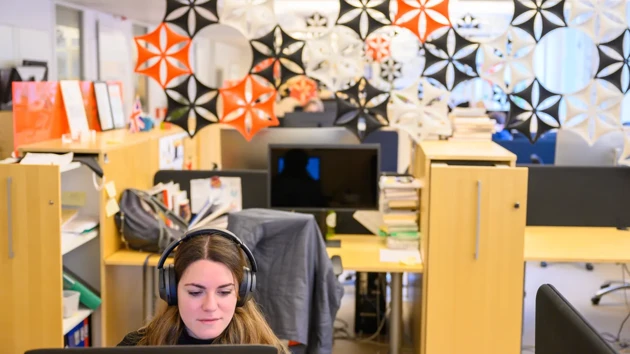
Stress Response Modeling PhD Positions
The Integrated Science Lab (IceLab) jointly with several departments at Umeå University offer multiple PhD positions that will be connected to different multidisciplinary projects. The ideal candidates will have expertise in computational science. Further, candidates should have a deep interest in scientific collaboration between researchers using theoretical and empirical approaches.
In addition, we plan to offer further opportunities as part of IceLab’s Kempestiftelserna-funded multidisciplinary postdoctoral program. Projects can be proposed between February-May 2025, and a call for postdocs is expected in June of 2025.
Further recruitments of postdoctoral fellows, doctoral students and other positions, connected to the new faculty and the current faculty of the Center are expected.
Activities
Stress Response Modeling at IceLab continues and expands IceLab’s tried and tested innovative activities designed to train multidisciplinary students, connect researchers, launch new ideas and land original projects.
Workshops, Conferences and Hackathons
Open conferences featuring research along the theme of Stress Response Modeling as well as special multiple-day workshops promoting personal interaction and open discussion of results and ideas. In the workshops participants pitch open problems and form working groups that break disciplinary boundaries to suggest approaches to overcome identified gaps. Working group results are presented on the final day and action points for follow-up collaborations and projects are identified. These project seedlings are then further worked on in hackathons. The frequency of these activities is planned for every two years, starting with a kick-off conference that was held in June 2024.
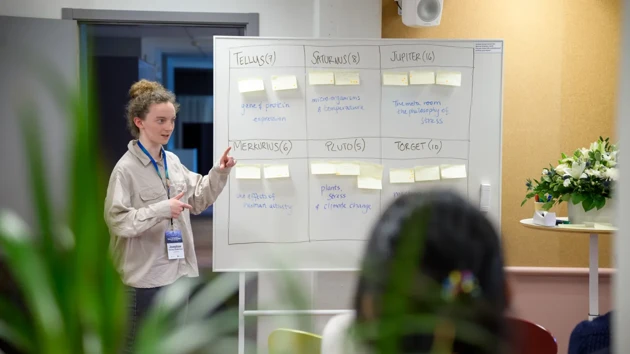
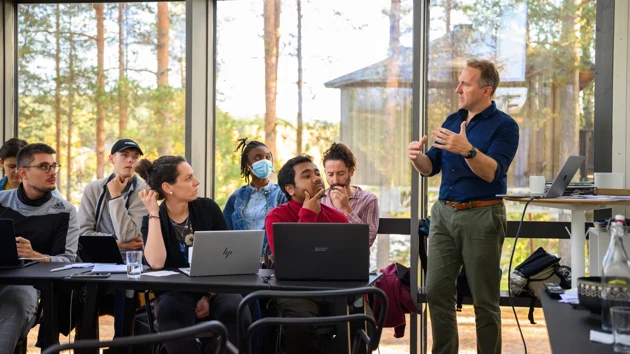
Stress Response Modeling Graduate Research School
Funded by the Swedish Research Council’s centres of excellence initiative, the Stress Response Modeling research school focuses on modelling adaptive mechanisms in living systems under stress. It offers an extensive complexity science course package to train next-generation computational biologists to tackle research of living systems across organizational scales, addressing major environmental and life sciences challenges.
Activities connected to Stress Response Modeling at IceLab
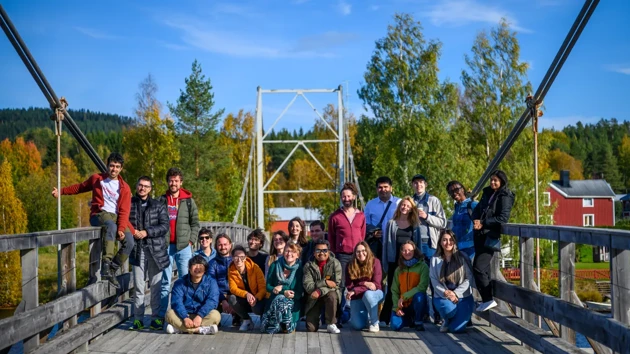
IceLab Camp
Part of the Stress Response Modeling Research School, IceLab Camp is a four-day off-site PhD course that prepares its participants to create new inter- or multidisciplinary research by first teaching them to listen to each other – and how to ask research questions. IceLab Camp runs yearly in the fall.

Lunch Pitches
Lunch Pitches are a series of short talks and discussion organized by IceLab as a way to bridge gaps between scientific disciplines and encourage new collaborative efforts for the love of launching and landing new ideas. Lunch Pitches help you bridge gaps between scientific disciplines and encourage new collaborative efforts.
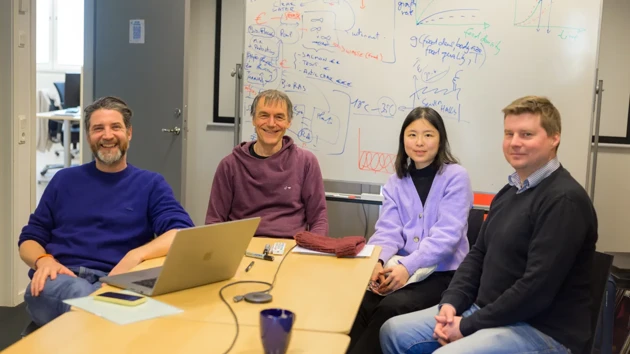
Icelab Multidisciplinary Postdoctoral Programme
IceLab supports researchers to launch and land new collaborative projects that cross disciplines by funding a shared multidisciplinary postdoctoral fellow. The fellowship programme is made possible by grants from Kempestiftelserna since 2020.
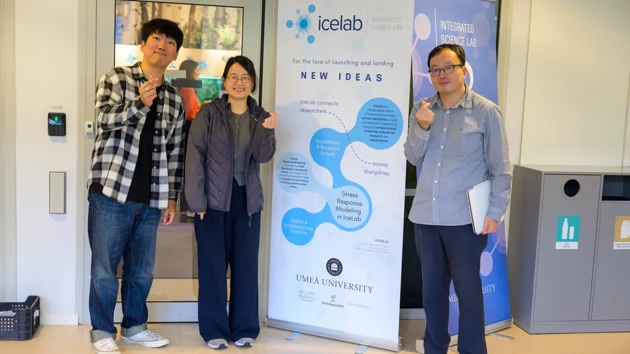
Excellence Centre Network
We invite researchers from anywhere to engage in our Stress Response Modeling at IceLab activities as visiting research fellows. We aim to foster interdisciplinary collaboration in modeling adaptive mechanisms in living systems under stress. Activities include research, seminars, workshops, conferences, and our research school.
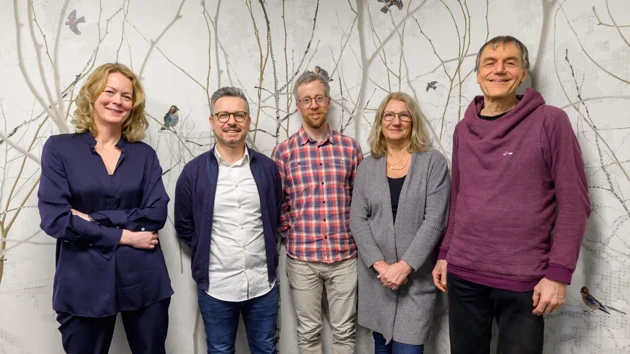
Stress Response Modeling Faculty
Stress Response Modeling at IceLab was established through a collaboration between IceLab faculty and several affiliated researchers. Along with new faculty hired to join the excellence center, they form the team leading the push to model adaptive mechanisms in living systems under stress.
Latest update: 2025-01-30